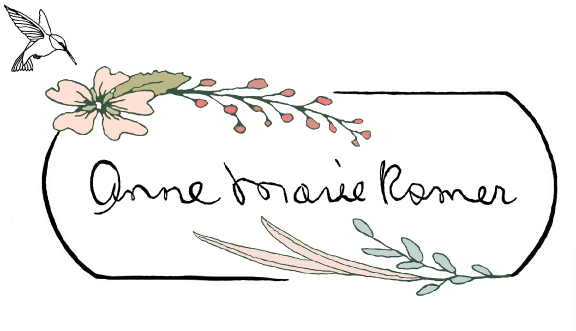How Do We Wait For Time To Heal?
I was preparing this essay for submission to the Dayton Daily News when news of the horrific mass murder of children and teachers in Uvalde, Texas fractured our hearts. It was difficult for me to finish this essay, as I kept thinking about the heartache of the parents, siblings, grandparents and friends of those in an elementary classroom who died so abhorrently. Although in no way can the raw pain of such mass and absurd gun violence ever be compared, but I thought my original essay plan was worth sharing. The two situations share something in common. How do we even begin to heal after unspeakable tragedy?
Recently, along with two of my dear friends, I met with a couple whose 40 year-old-daughter took her life just three months ago. Their grief was palpable, and the sadness they carried was evident by the slump in their shoulders and the pain in their eyes. I could tell they were still so very raw and shattered by their daughter’s passing. So many questions, so few answers. We were then joined by their other daughter who came in search of something, anything to help with the overwhelming grief of losing her sister.
We listened. Each of us know the pain of losing a loved one to suicide. We often say we are part of a club we never asked to join; and now we sat with this family who were now, too, part of that same club. The conversation was honest and gentle. We talked about the light and joy of their daughter lost. We talked about the physical sister connection now severed. We shared stories of losses in hopes this grieving family would know we recognized their language, packaged within the unique and complicated anguish of suicide.
This father wanted to know how to navigate to a time when his piercing grief will no longer dominate the slow passage of time without his beloved daughter. He wondered if he could ever re-enter life again. Such is the existential question, isn’t it? When will that time come when yearning and ache don’t overrule every waking moment or haunt the silences of long dark nights? How do we thread moments so paralyzed by grief?
We offered trite reassurance that with time, their grief would be laced with moments where joy could rise again. We offered shallow encouragement that giggles from their grandchildren might ease their constant debilitating pain, even for a moment. As we tried to offer words of comfort, I could see in their eyes the depths of their abyss of grief. My friends and I recognized it, because we knew something of that abyss. My heart collapsed for them. So often we say to those anguished by loss, “it takes time,” but for one so encased in pain, the simple offering falls to deafened ears.
The truest offering came from my friend, Sallie, who lost her sister to suicide. When asked, how do we carry on, she answered, “We do this,” while sweeping her open arms in symbolic embrace. She was referring to our humble gathering in a coffee shop where we came to share the pain and let this grieving family know they are not alone.
We all have work to do to heal this hurting and broken world. For our coffee shop family, we will be in touch with them, check in, and hopefully share more coffee talks as they manage this excruciating journey. They will never “work through” their sorrow, but hopefully at some point they’ll be able to “bring with” the light of their daughter in all they do. Maybe, in time, they will add their voices to the cause of preventing suicide. For those in Uvalde, Texas, by the time these words come to print, those lost will be eulogized and remembered with flowers and ceremony. I so pray that as a larger community, we can come to a better agreement in how to protect one another with compassion, common sense, and a stronger commitment to the respect for all of us to live without fear of being killed by a war weapon. Senseless death must not be in vain. We owe each of these beautiful people the promise of a better world.
